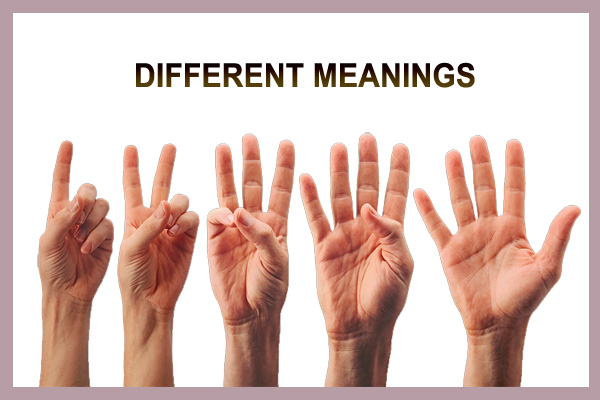Travel Pages
RomWell Travel Advisory
Different Meanings
Memorize these different meanings and basic rules to avoid offending the locals and/or your company.
Beware what you offer your host. Pass up chrysanthemums in Argentina and Balkan (they denote funerals), clocks in China (the written characters resemble those for death) and red pens in South Korea (red ink conveys unfriendliness).
Do not use the "animal ears" or "horns" gesture in Japan, because it is not the silly or funny gesture like in America. It is known as the "demon horns", which means that the signer or someone you are talking about is angry.
In Zimbabwe, don't ask, "Is it far?"; out of courtesy people will answer, "Not far." (Be specific and ask, "How long does it take by foot?")
In Japan, you nod your head in agreement; your host smiles and thinks you're paying attention.
In Egypt, you shake your head in disagreement; your host frowns and wonders why you don't understand.
In Mexico, don't call her senora, which can imply aging; call her senorita.
In Saudi Arabia and other Islamic countries, eat and drink with your right hand; the left is considered unclean.
Your mother was right. Don't point. But if in Singapore you must, use your thumb, not your forefinger, lest it be taken as an insult or obscenity.
In Malaysia, curling the index finger is considered very rude. Scratching the air would be preferable for calling over a waiter.
In Russia, don't shake hands across a threshold; it might invite bad luck.
In Buddhist lands like Burma, don't pat a child on the head; it's the spiritually highest part of the body.
In India, don't use your left hand to greet someone, exchange money, or pick up merchandise. Always use your right hand, because the left hand is thought of as unclean in Indian culture.
Do not tip people for service at restaurants and hotels in Japan because tipping isn’t done and it could be seen as degrading.
If you are invited to dinner in China, don’t eat everything on your plate because that shows your host didn’t provide enough food or a filling meal. Along with leaving a little food on the plate, it’s also fine to burp after eating, as a compliment to the chef.
Basic Rules
When you are dinning with your business partners, don't put your phone, keys, and other belongings on the table. Also don’t answer your phone or take your phone out to text. This sends a message to your company that whoever you’re talking or texting is more important to you than they are. Sending a reply message or email can wait until dinning is over. If you are expecting call or message related to your business or some other urgent call, tell your company in advance and excuse yourself before taking out your phone.
When someone is taking you out to a meal (especially if it is for business), wait until your host puts his or her napkin on their lap. If you have to excuse yourself (to use the restroom or you have to leave the table temporarily), place the napkin on the chair. When you finish your meal, you can place the napkin on the table.



